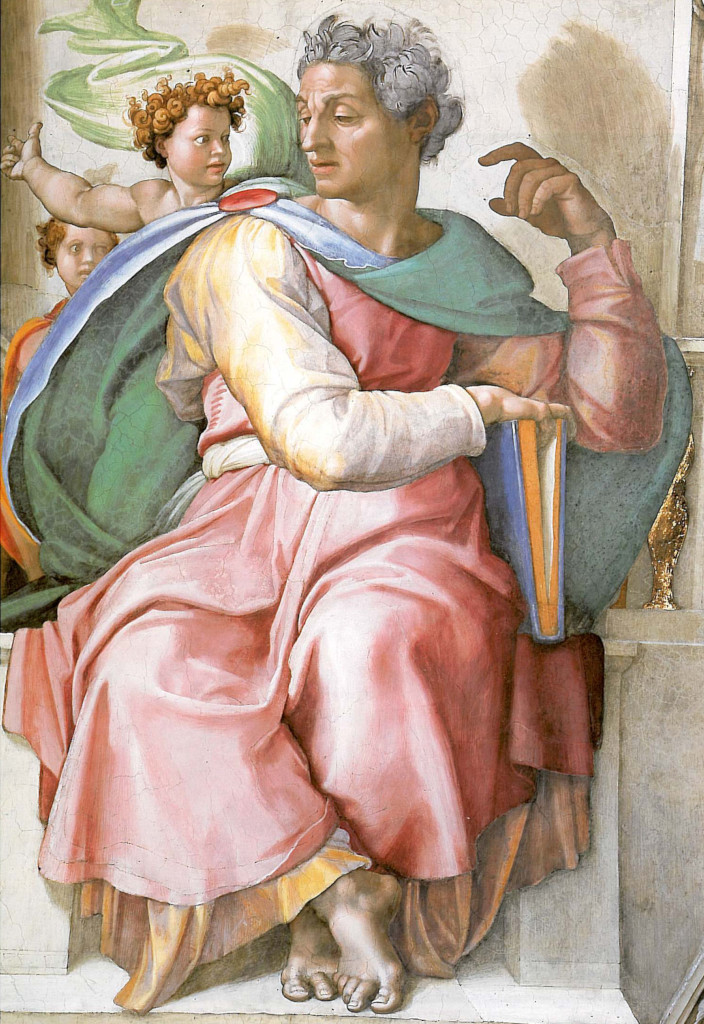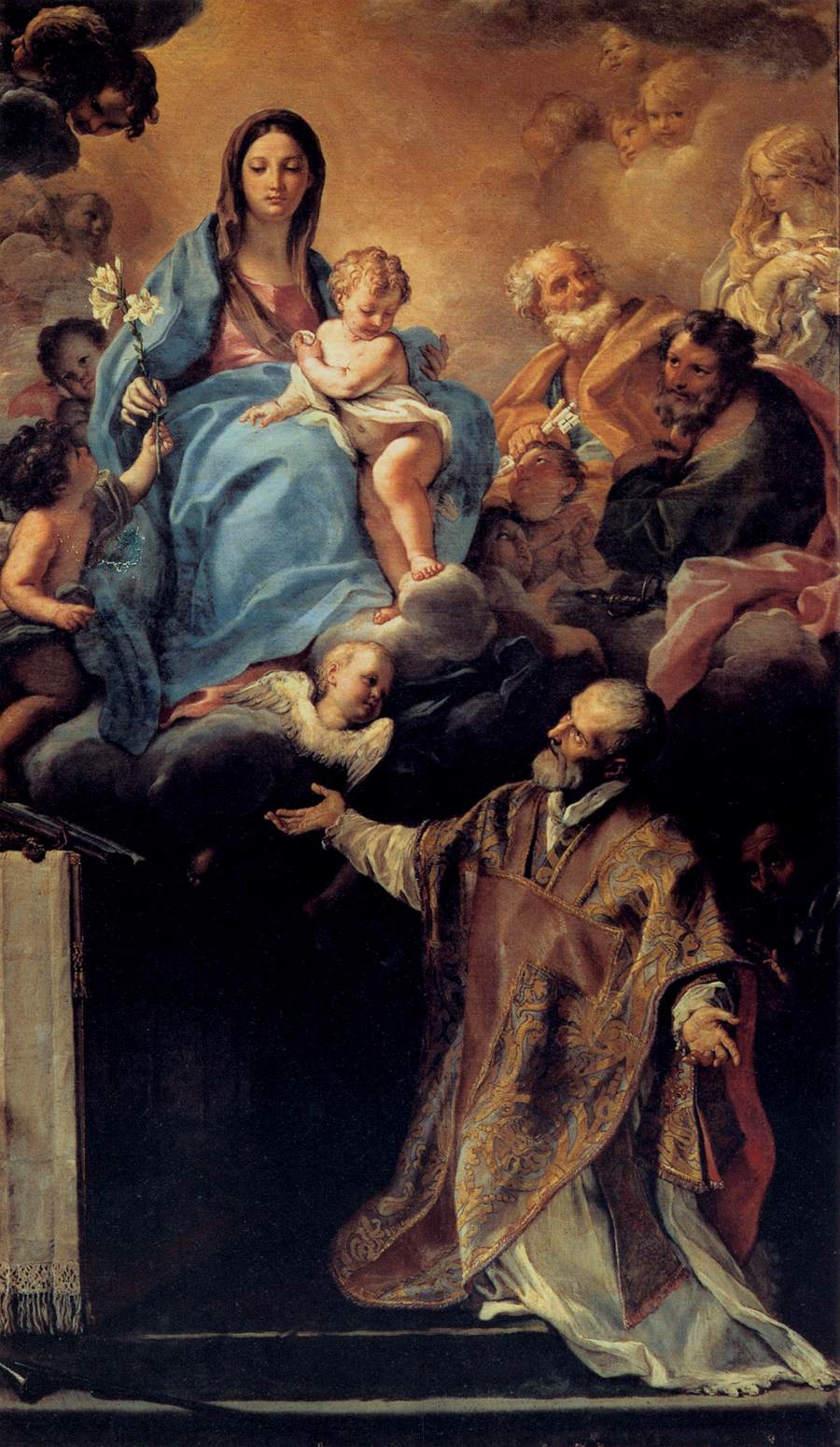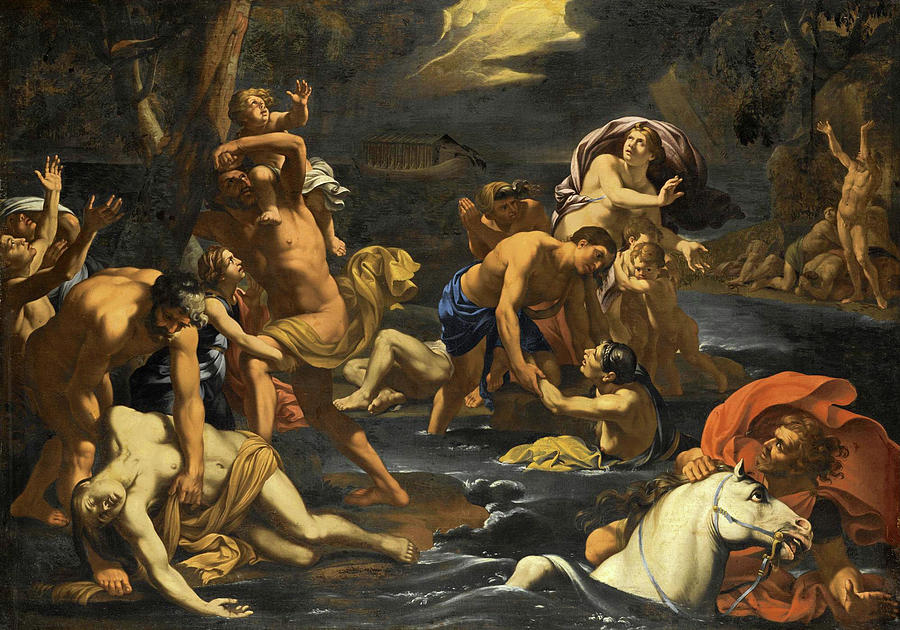Paul's letters would have looked very much like this manuscript. It is an early surviving example of the Letter to the Ephesians written on papyrus.
The few verses we heard today outline the vital role of the Holy Spirit
in our salvation. When one reads Paul’s writings, one is always aware of the
extreme closeness of the three persons of the Holy Trinity at work in our
salvation; so much so, that it sometimes seems to be a little confusing. In
today’s few verses, for example, the Holy Spirit is referred to as acting in
his own person, as the “Spirit of Christ” and as the Spirit of “he who raised
Jesus from the dead; that is, the Father.
But whatever the capacity in which the Spirit is acting, his role is
essential to our salvation, for without him, as Paul tells us, we do not have Jesus,
and without Jesus there is no hope of salvation. But we need, first, to take a
step back from this teaching in order to understand how Paul views human
beings; without this view, we will not understand what he is saying in our
scripture.
In Paul’s day, and for long before, the Greek philosophers were very
concerned, in their ethics, of discovering the golden mean of goodness. They
were not blessed, as we are, with the Revelation of God in Jesus Christ, and had
to work hard to think out for themselves the yardstick of what it means to be
good. Not possessed of the idea of divine grace, they all in some way, and to a
greater or lesser extent, believed that it was within the power of human beings
to perfect themselves.
To become good meant to become natural, and there was a word for it in
Greek: psychikos, which referred to
the human soul or mind. Psychikos
could in fact be translated as “natural man,” and this remained the hope of
many, even at the time of Jesus and beyond. In fact, many people today still
hope that this is the case.
Paul would have none of this. Although he says, at the beginning of
Romans, that pagans can come to know goodness to a degree through observing
God’s creation, the rest of his letter makes it clear that he does not regard
this as adequate. For him, there are two kinds of human being; those who live
according to the flesh, and those who live according to the Spirit.
Paul makes expresses this at the very beginning of today’s reading: “You
are not of the flesh, but of the spirit.” Fleshly people, sarkikoi in Greek, are people enslaved by their appetites and
desires, which lead them ultimately into a downward spiral of self-indulgence
and sin. On the other hand, spiritual people, pneumatikoi in Greek, are people who are subject to the promptings
of God, who leads them upwards on a path of self-forgetfulness and holiness.
For Paul, we cannot be spiritual people without the grace of Jesus
Christ. How do we receive this? Because the Holy Spirit actually lives within us. He is the “Spirit of
Christ” who makes Jesus present to us as a source of life and holiness, who
makes it possible for us to attain holiness, not because of anything that we
can do of ourselves, so much as because God’s presence within us through his
spirit, is what transforms us from within.
But Paul makes a further link; for him, fleshliness is indissolubly
linked with death, spiritual-ness with life. It is through the human body that
we can participate in sin, and be dragged down into death. It is through the
spirit that we can be made holy, and be drawn up into life. The ultimate link
is the death of Jesus Christ.
Paul sees Jesus’ death in terms of his resurrection. Jesus had to die,
because he had to be raised bodily to
new life. Without the fact of bodily resurrection, there can be no hope for us.
It is a theme that Paul comes back to over and over, most notably in the 15th
chapter of his First Letter to the Corinthians. But there can be few places in
which Paul expressed it as pungently as he does in verse 11 of today’s Second
Reading: “If the Spirit of the one who raised Jesus from the dead lives in you,
the one who raised Christ from the dead will
also give life to your mortal bodies…” Just to make sure we do not miss the
point, Paul repeats himself at the end: “…through the indwelling of his Spirit
in you.”
There we have it. Sin, in which we participate through our bodies, has
made us dead to God. In order for us to be redeemed, body and soul, Jesus had
to be raised from the dead in his human body. The Resurrection makes it
possible for us to be raised “in the body” from sin and death to holiness and
everlasting life. It was “in the Spirit”
who gives life that God raised Jesus from the dead. It is through the same
Spirit, living within us, that God will one day raise us to everlasting life. For
this to happen, we must co-operate with the Spirit, so that our spirits selves raise
our bodies up to life, rather than our bodies dragging our spirits down to
death.
Paul saw this renewal as extending, not just to human beings, but to
the whole of creation, wounded by sin
but now to be made new through the same Holy Spirit, a teaching which fulfils a
prophecy made in the Psalms. And as we recognise this, so should we recognise
that the teaching of Paul on the Spirit is not at all unfamiliar to us; it is
to be found in that prayer known and prayed by every Catholic: “Come, Holy
Spirit, fill the hearts of your faithful, and enkindle in them the fire of your
love. Send forth your Spirit, and they shall be created, and you will renew the face of the earth.”
That Spirit has filled the hearts of many through the centuries. It filled
the heart of St Philip Neri in the catacombs, and through its fire the very
Church was transformed from its mighty heart in Rome. That same Spirit can
transform our hearts today, raising us to new life in Jesus Christ through the
power of his Resurrection. We, like the saints of old, need to pray constantly
for the gift of the Spirit of God in our lives.
“Lord, when shall we begin to do good? Send the fire of your Holy
Spirit into our hearts, that we might burn with love for you, and serve you
with gladness, in a spirit of joy. We ask this in Jesus’ name. Amen.”
Fr Phillip





































